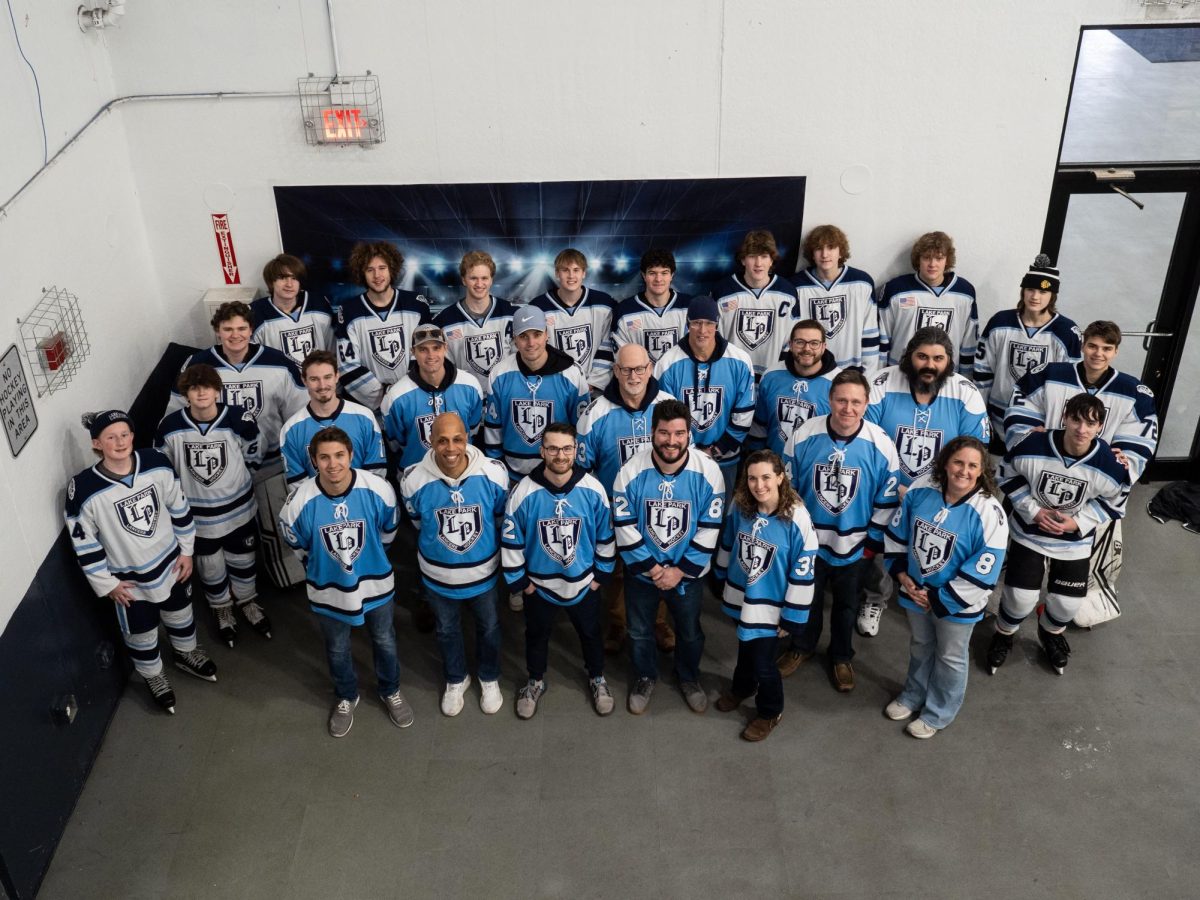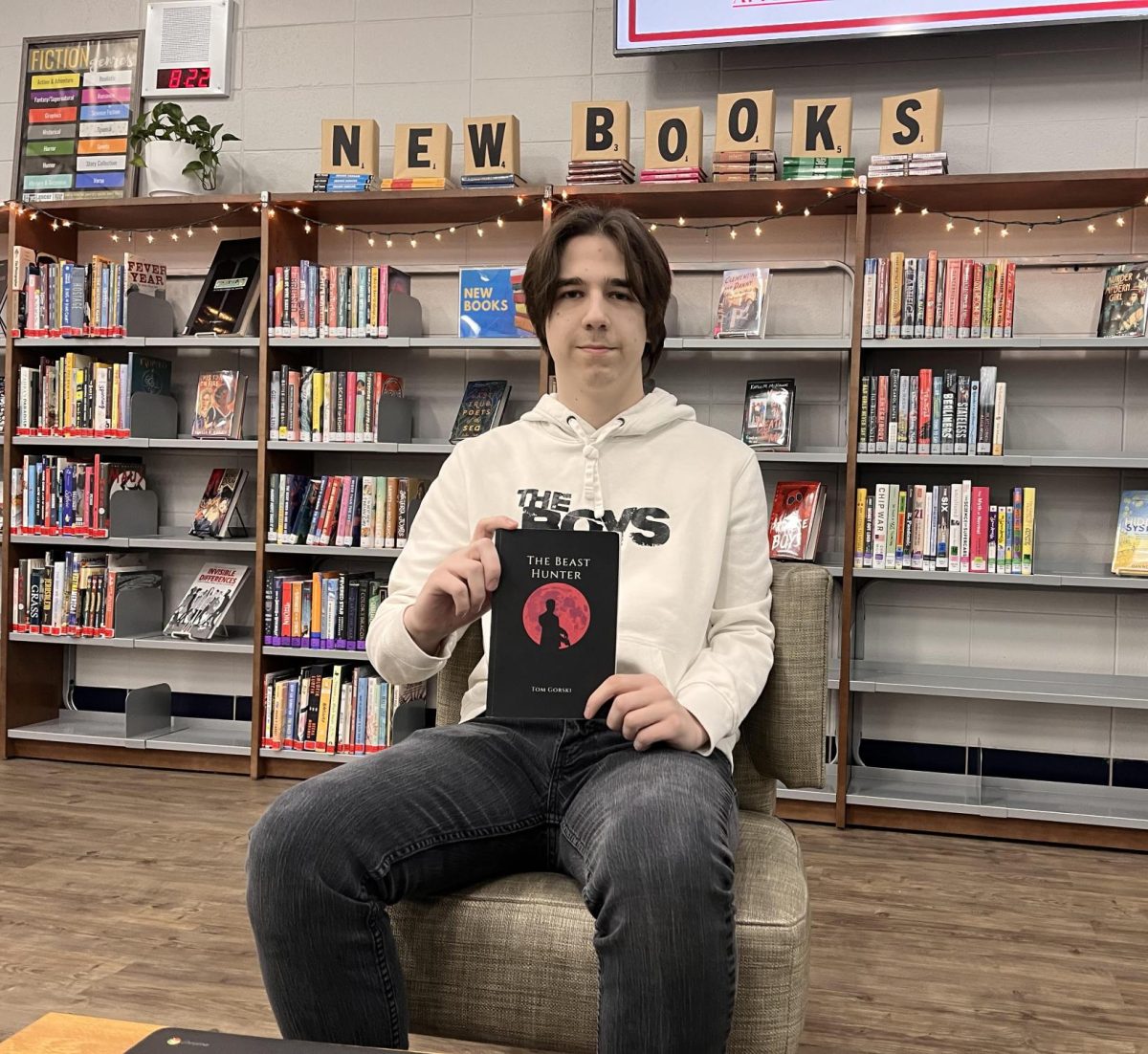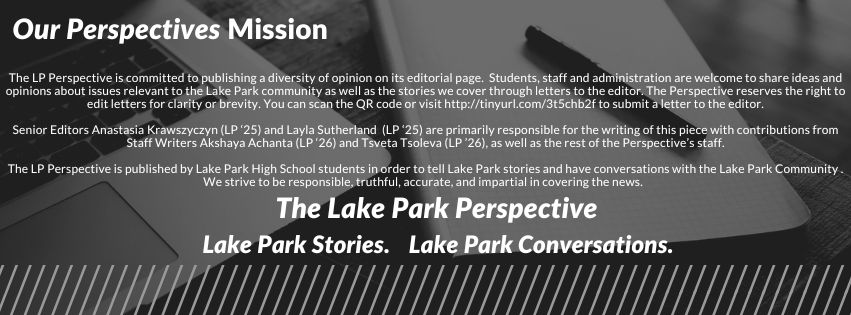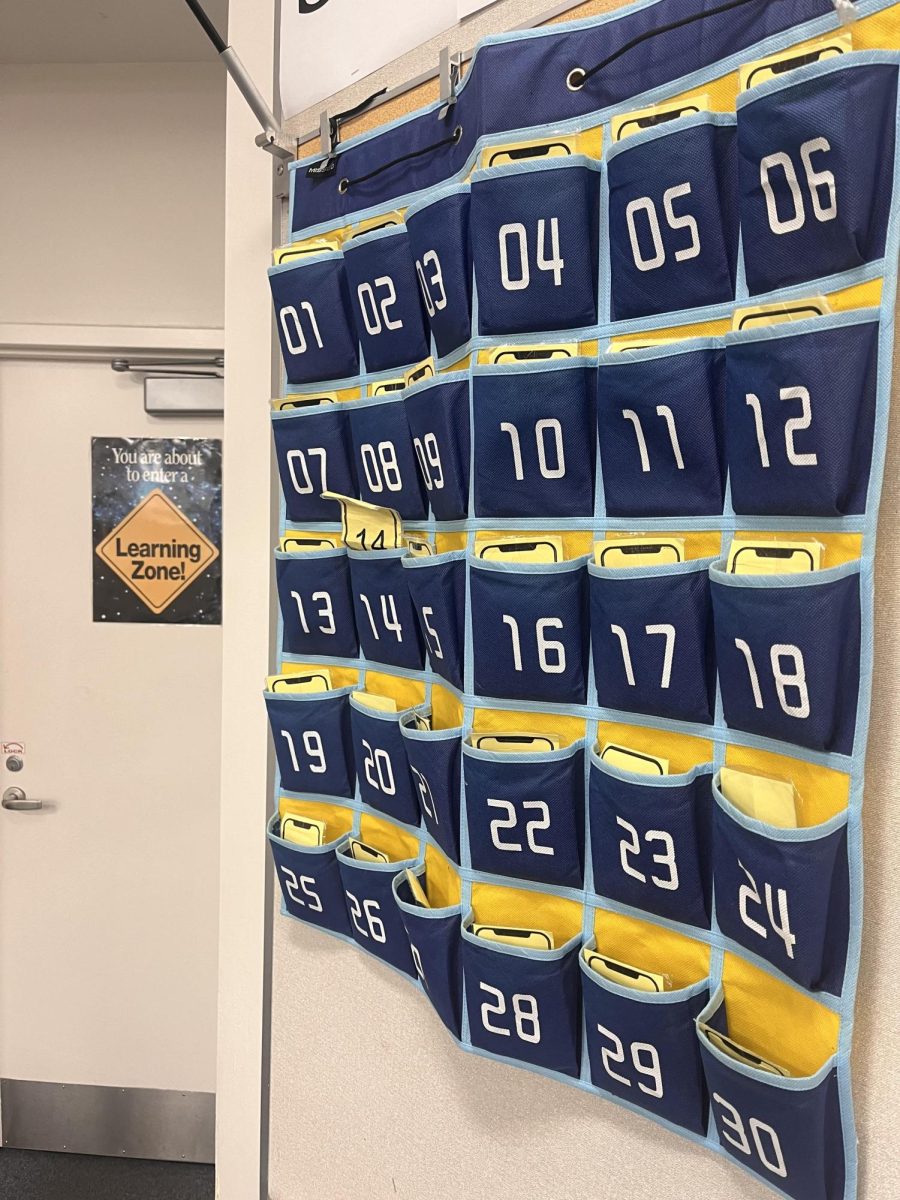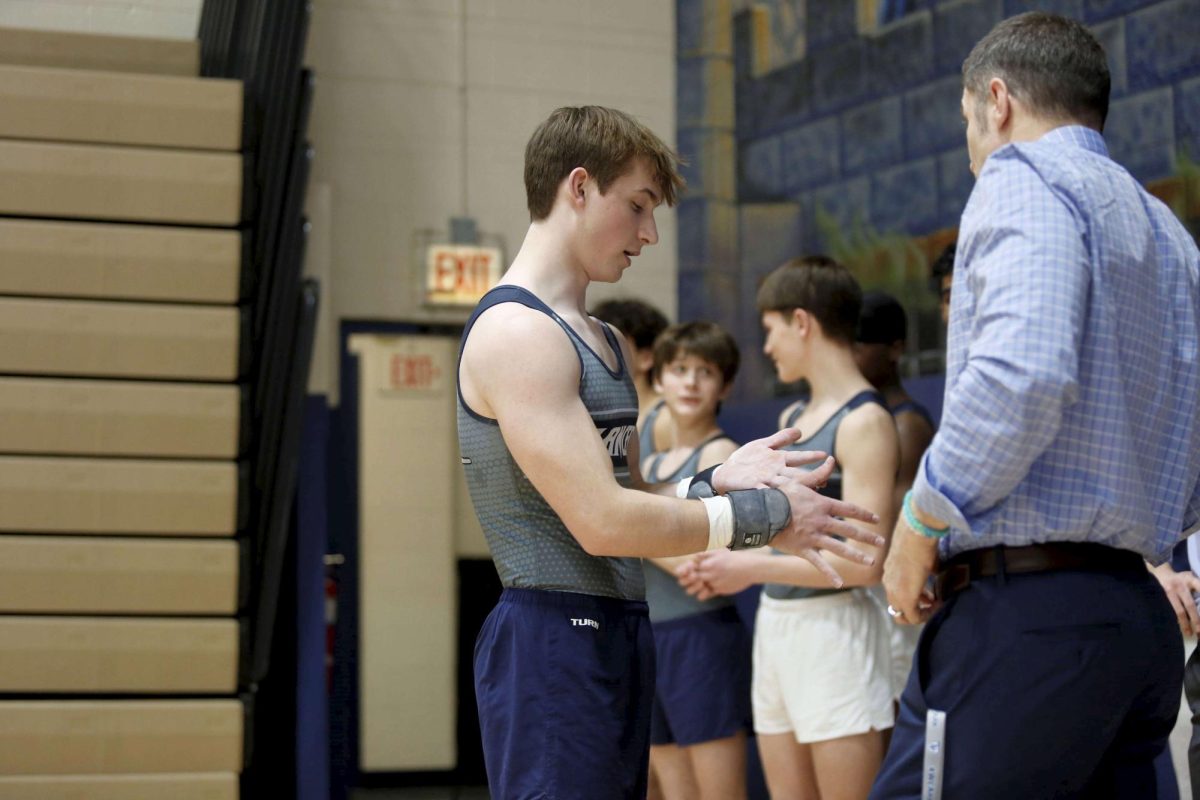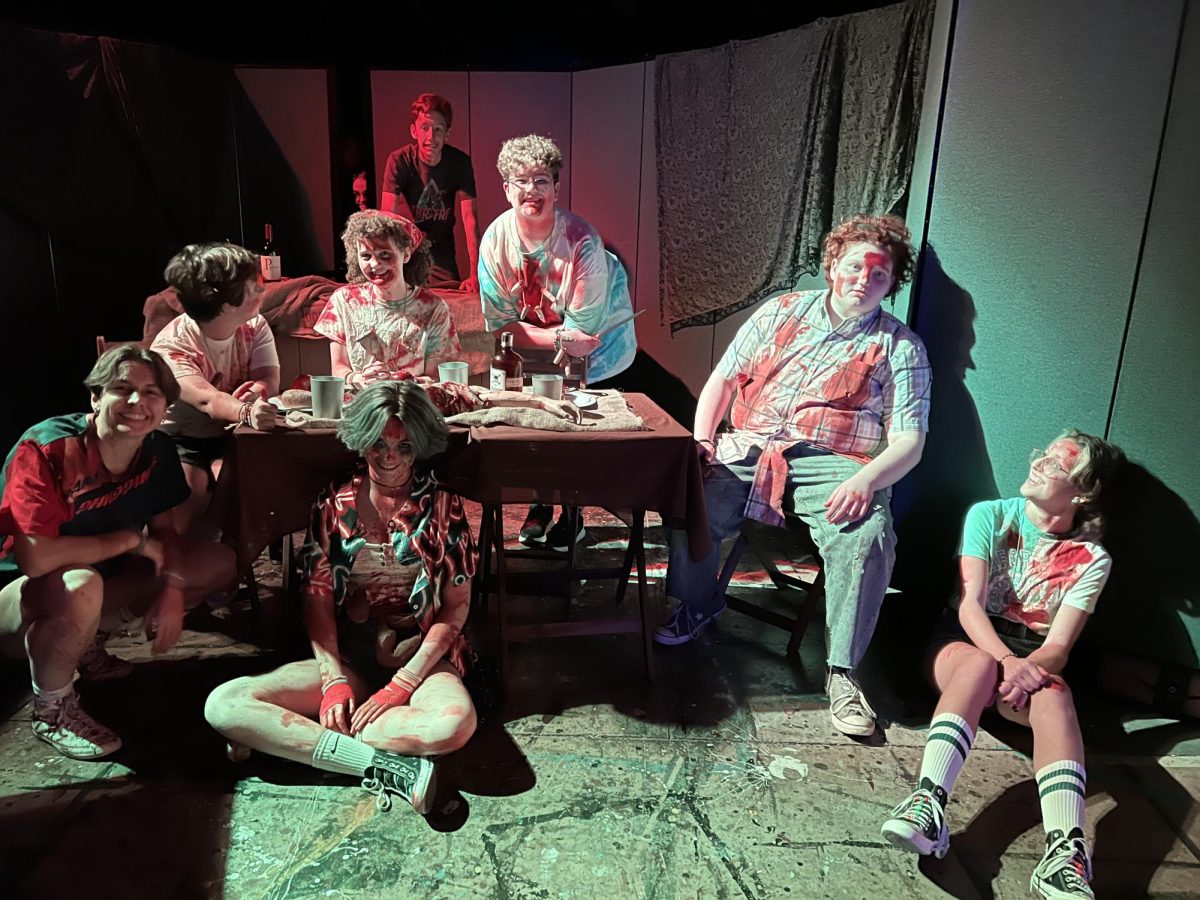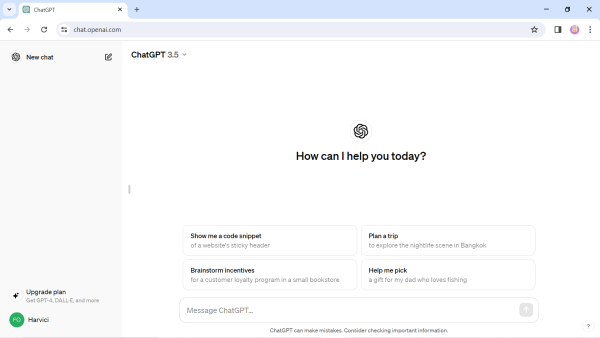
The new age of cheating in school has begun, and the teachers are battling the robots. Students have used artificial intelligence bots like ChatGPT to write essays and complete assignments, and teachers have been able to catch them. It seems as of now the teachers are winning the battle, but as AI technology improves, the margin of victory is becoming narrower and narrower. So how do the teachers stay ahead? What steps have been taken, and what steps still need to be taken?
This editorial was inspired by a recent discussion AP English Literature student teacher, Ms. Jessica Milner, along with her cooperating teacher, Mr. Michael Bundalo, had with her classes. At the end of a recent unit, students were assigned to write an essay regarding the novel The Awakening by Kate Chopin. The prompt was simple: “Choose any ‘stuck’ character and compare their experiences to Edna’s” (the main character of the novel).
Basically, students were asked to pick a character from any work of literature and compare them to the main character of the novel. It’s a fairly simple prompt, and it allowed for some creative freedom. Students could chose any character they wanted from any form of media, allowing them to connect their own interests to the essay, and write something unique and from the heart. Unfortunately that’s not what some students had in mind.
Enough students were suspected of using AI to complete their essay to force Ms. Milner and Mr. Bundalo to address their classes as a whole. Ms. Milner, being a student teacher, was particularly bummed out over the findings, noting that she dedicated time outside of school hours to read and give feedback to students, only for them to be unoriginal and artificial.
In the discussion she had with their 7th period class, she mentioned that if she was caught using AI or submitting work that she didn’t create, that she wouldn’t be allowed to teach and would be instantly kicked out of Northern Illinois University’s teacher licensure program.
“The consequences for academic dishonesty in college are very severe. I would immediatley be remvoed from my program at NIU if I turned something in that was not my authentic work,” Ms. Milner said. “I’m glad students are learning this lesson now instead of making the mistake in college when the stakes are much higher.”
Mr. Bundalo made a point to describe how catching students using AI is demmoralizing, and made himself and Ms. Milner feel inadequate, as they feel they didn’t provide enough assistance for their students.
“I have just continued to ask myself, and our students, ‘Why?’ Why did they feel the need to take a shortcut, why did they feel their authentic ideas weren’t good enough, and why didn’t they ask us for more personal help? That’s our job, right? To help students?” Mr. Bundalo said. “So it’s weird, because we know students’ intent isn’t personal, but it’s hard to not feel a little defeated and despondent.”
“Just like us high school teachers, college professors are also very eager to help their students,” Ms. Milner said. “They want their students to communicate with them and ask for help whenever they need it.”
From a student perspective, it was hard to see my teachers genuinely saddened and disappointed, not only in their students, but in themselves, even though they did nothing wrong. But it seems that educators, particularly in the English department, don’t know what to do other than punish kids who they catch, and stress the importance of students submitting their own work. They’ve installed highly accurate AI detecting extensions to their computers, and keep AI written essays for comparison to student submissions. And while that might work for now, the writing on the wall says that AI bots like ChatGPT are only improving and becoming harder to detect. In the near future current methods used to detect AI will be obsolete.
Even now, there are numerous ways to make AI usage undetectable in writing. I’ve talked to several programmers and people within the tech industry who have described the process of making ChatGPT writing appear human by AI detecting software. For obvious reasons we can’t publish that information, but we can say that it’s easier than you’d think. Teachers know this, or at least are becoming increasingly aware of it, and they’re worried, as it seems like the days of essay writing are over, and writing is like 90% of an English class’s curriculum.
So what can be done about this? How can the integrity of English classes be saved?
It’s quite simple, but the solution would be incredibly unpopular amongst students, and that is to make all essays timed and in class. They’d have to be treated like tests: cell phones kept in caddies, computers kept in backpacks, and teachers walking around the room while students write.
While there will be significant pushback and complaining by students, this is the only way a teacher can 100% guarantee that an essay was written by a student, and not by a chatbot, or even a Redditor that was paid $20. It’s brutal, but it’s a method that’s already used in numerous classes.
All essays written in AP U.S. History and AP Government are timed and have to be completed within one class period. In AP English Language the majority of essays I wrote had to be completed in one sitting. So this is not unprecedented, and it’s the only method that has a 100% AI-use prevention-rate. To make the deal seem a little sweeter for students, on any AP Exam that requires writing, there is a time limit, and it’s often shorter than a class-period. So it will give students better practice of writing full essays within a constrained time, and will prepare them for their exams.
While technology has made our lives easier, and has greatly improved many aspects of education and learning for students and teachers alike, it is clear that we have reached a point where it has become too easy. Technology has become too good, and it might be time to rethink and possibly pause the further integration of technology into our classrooms. After all, there’s no shortage of tech in any other aspect of a student’s life.
Now excuse me; I’m going to go play Fortnite on my smart fridge.


